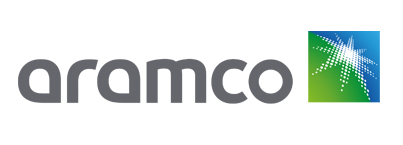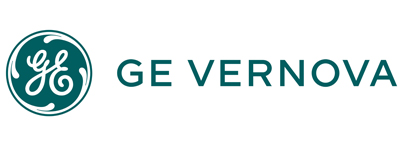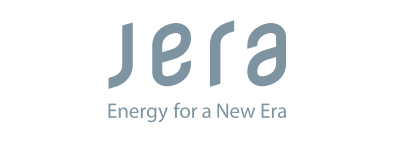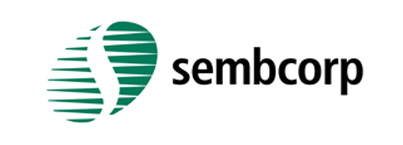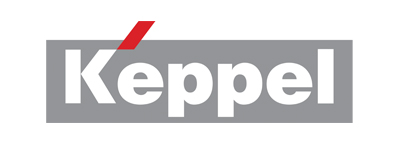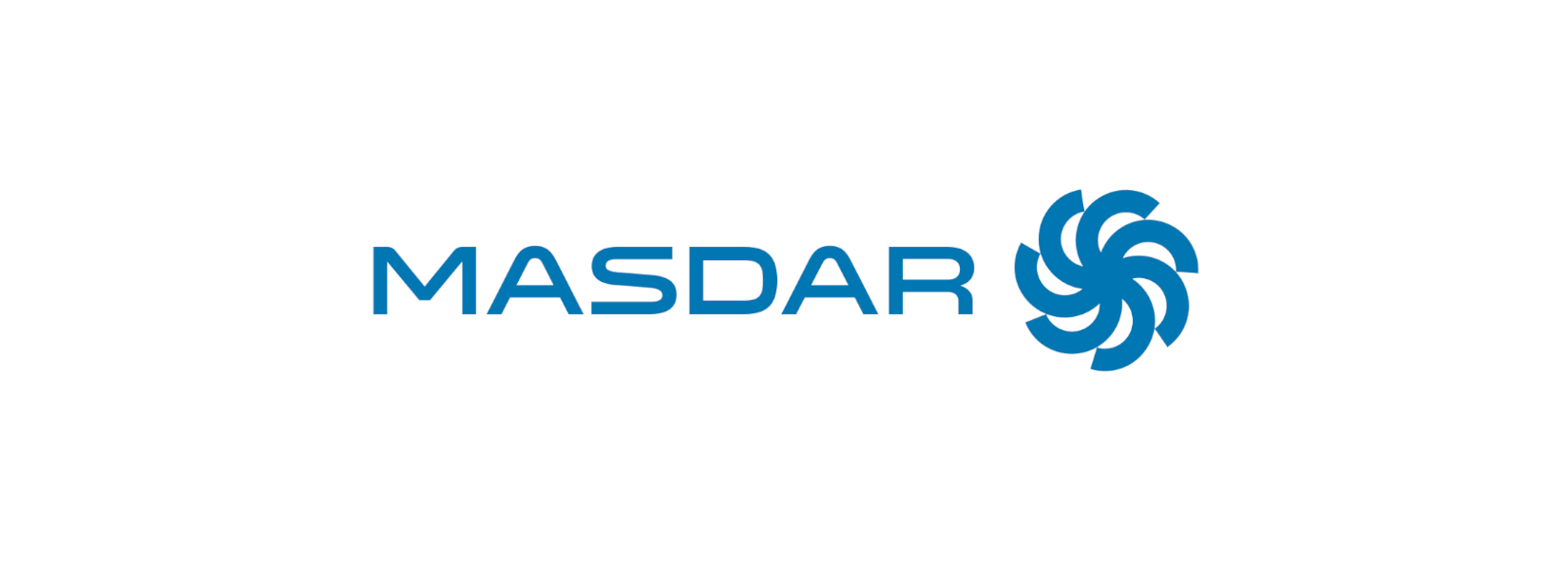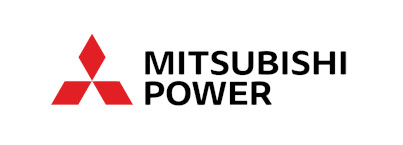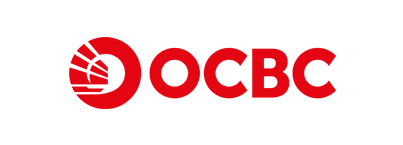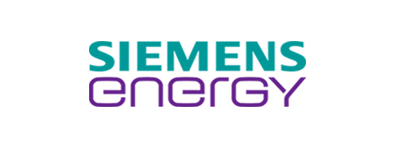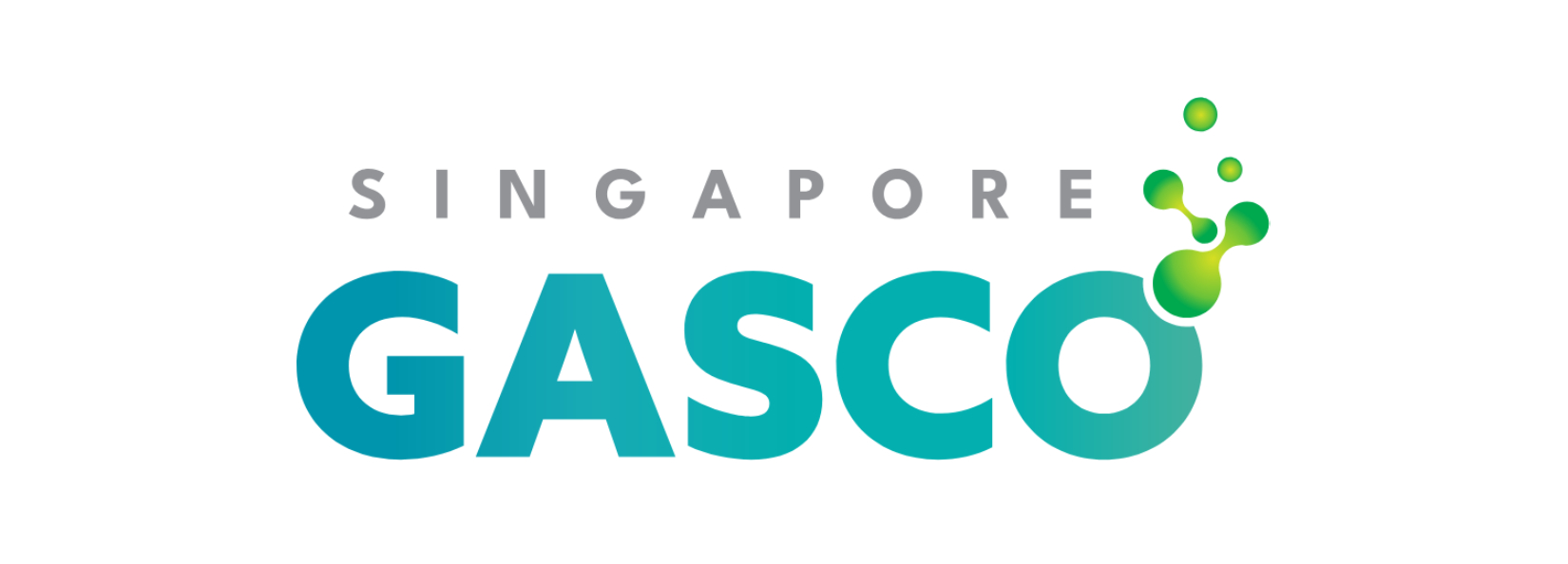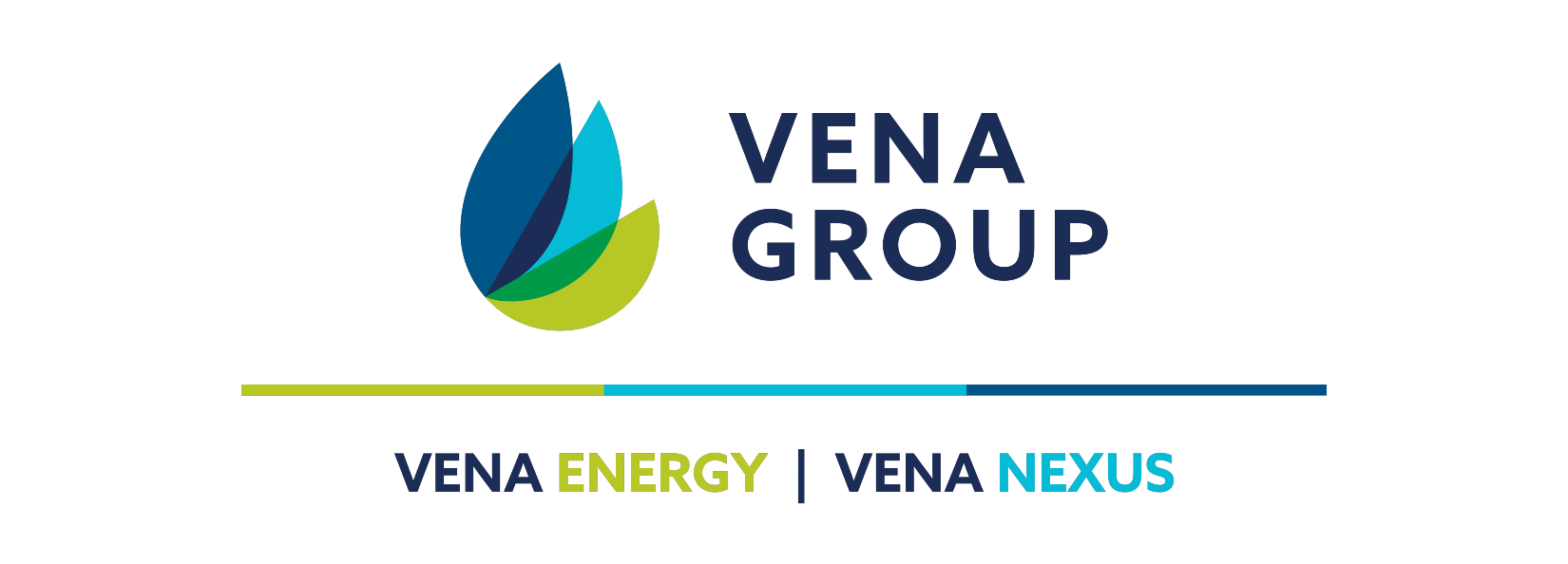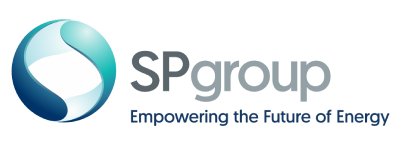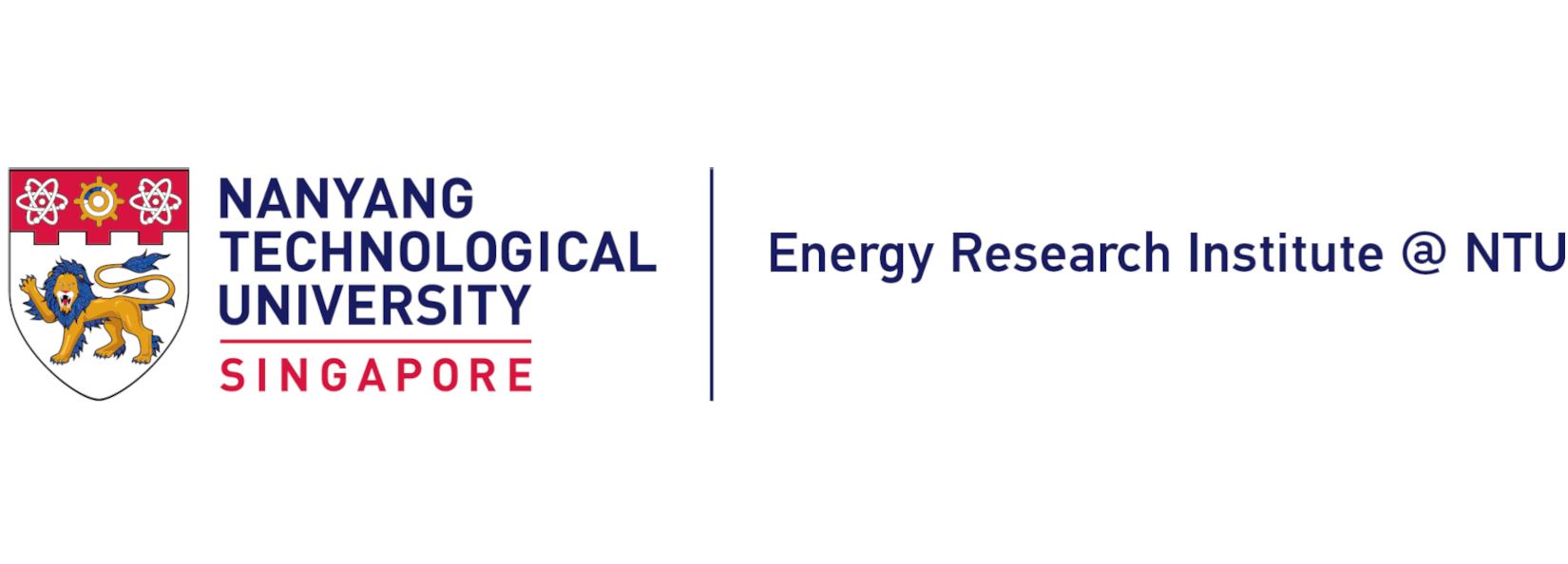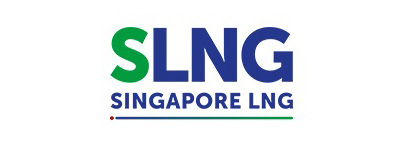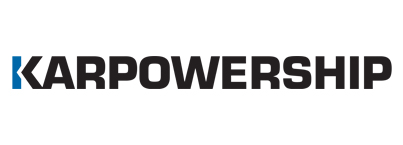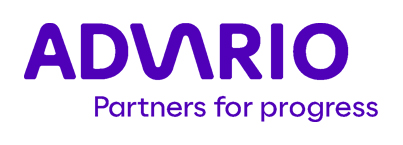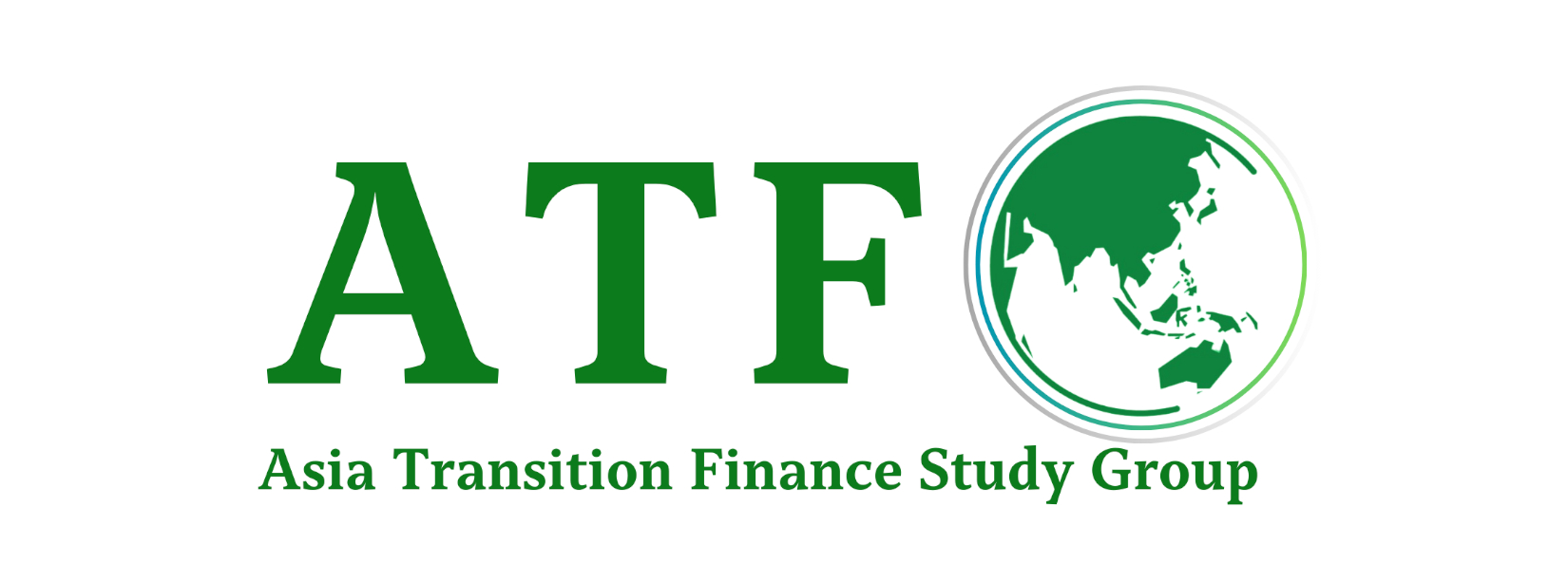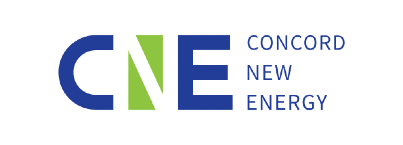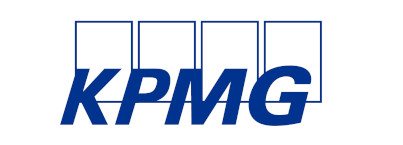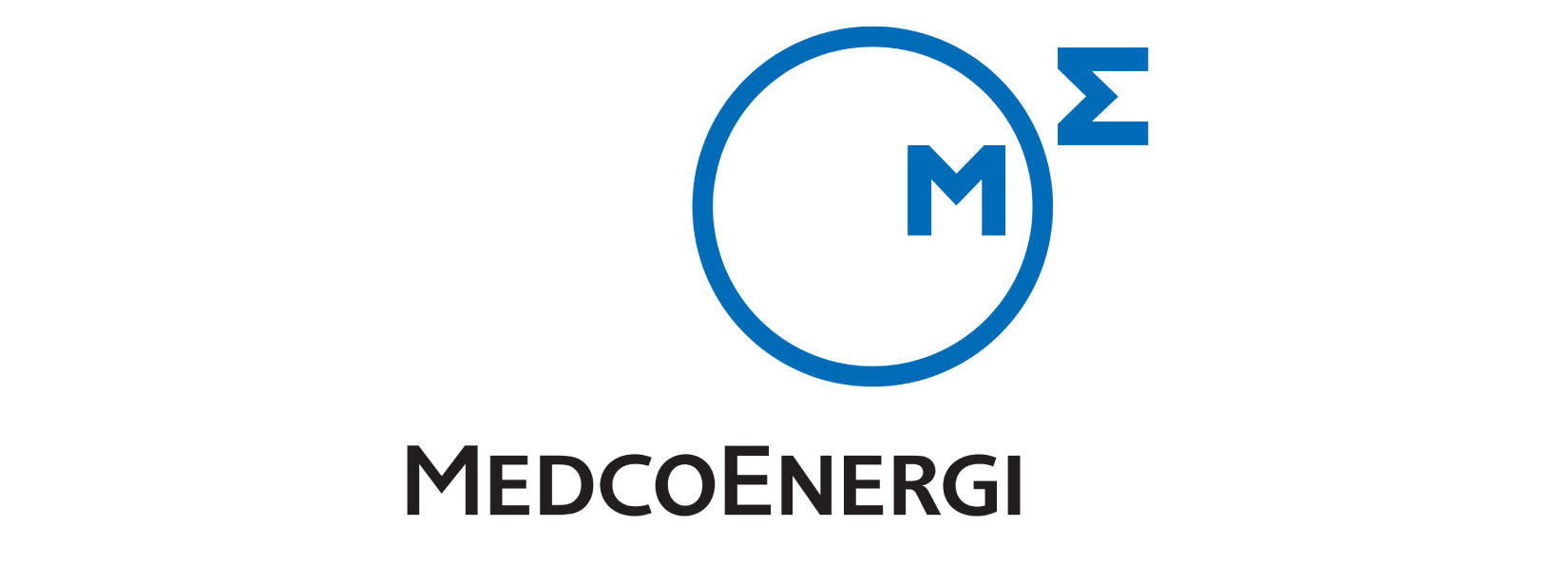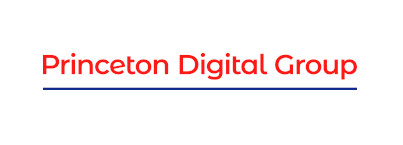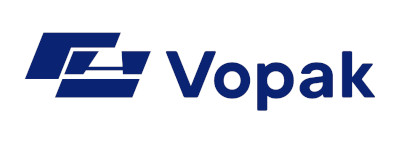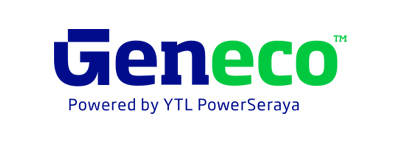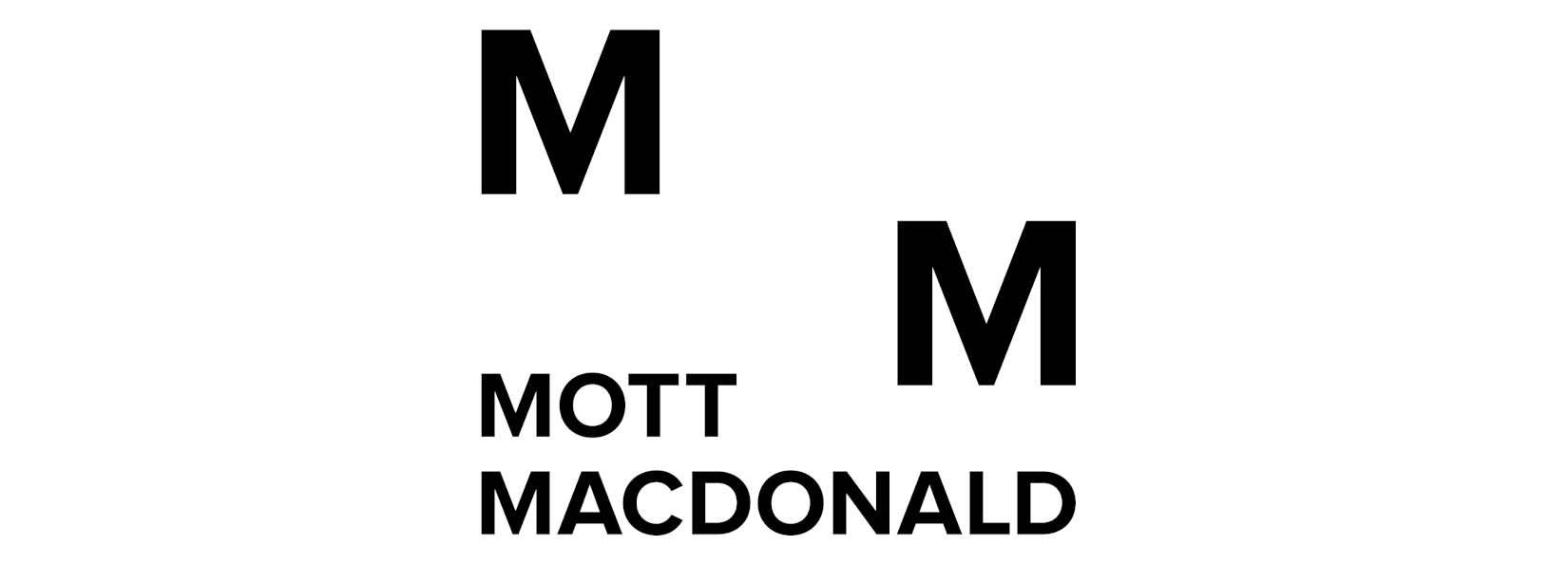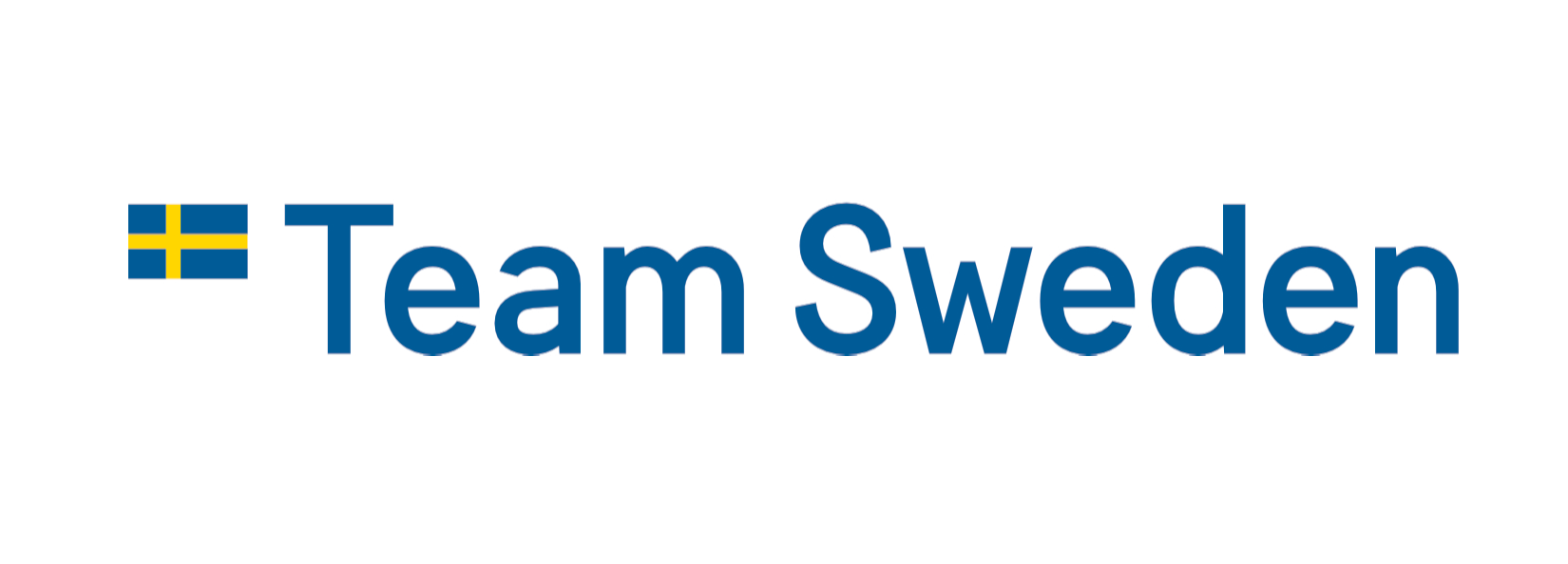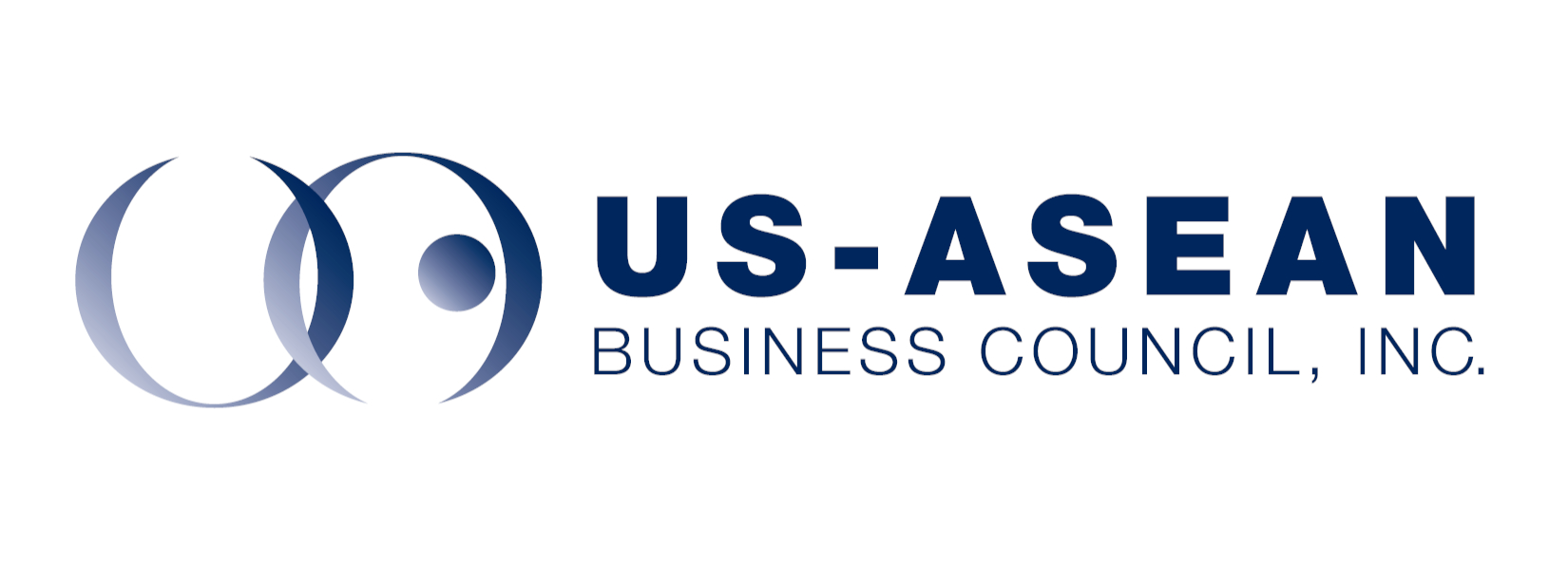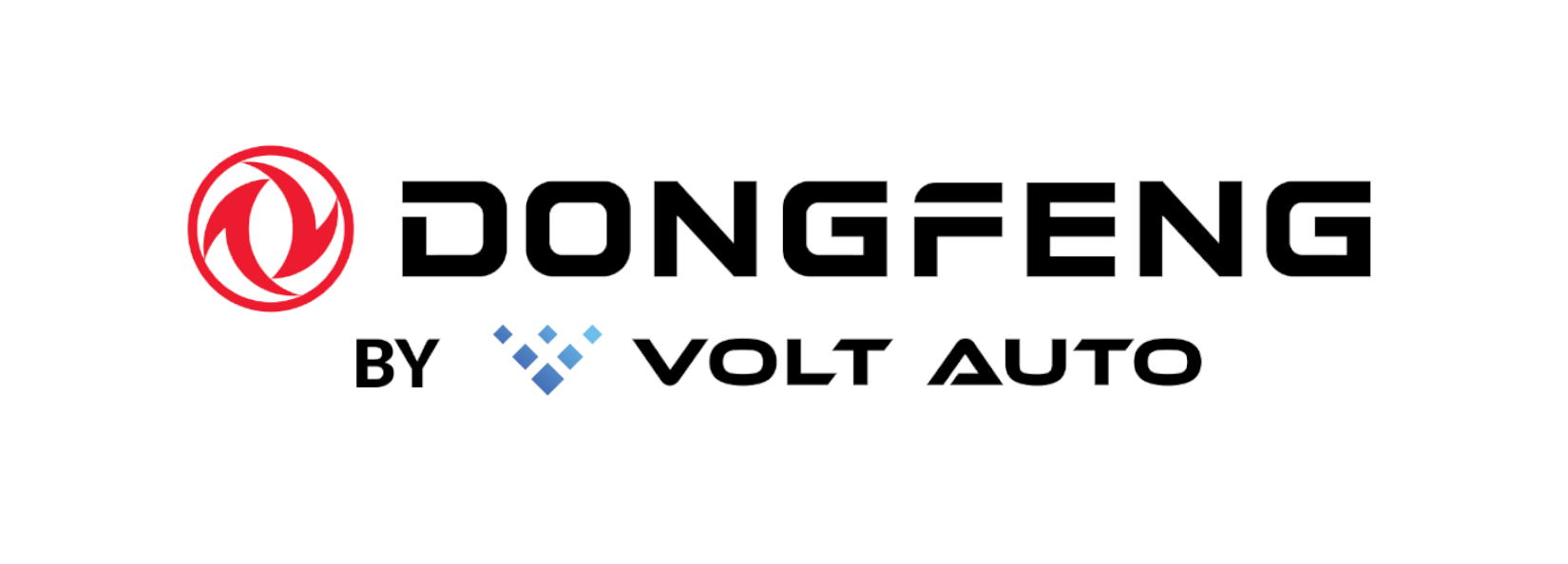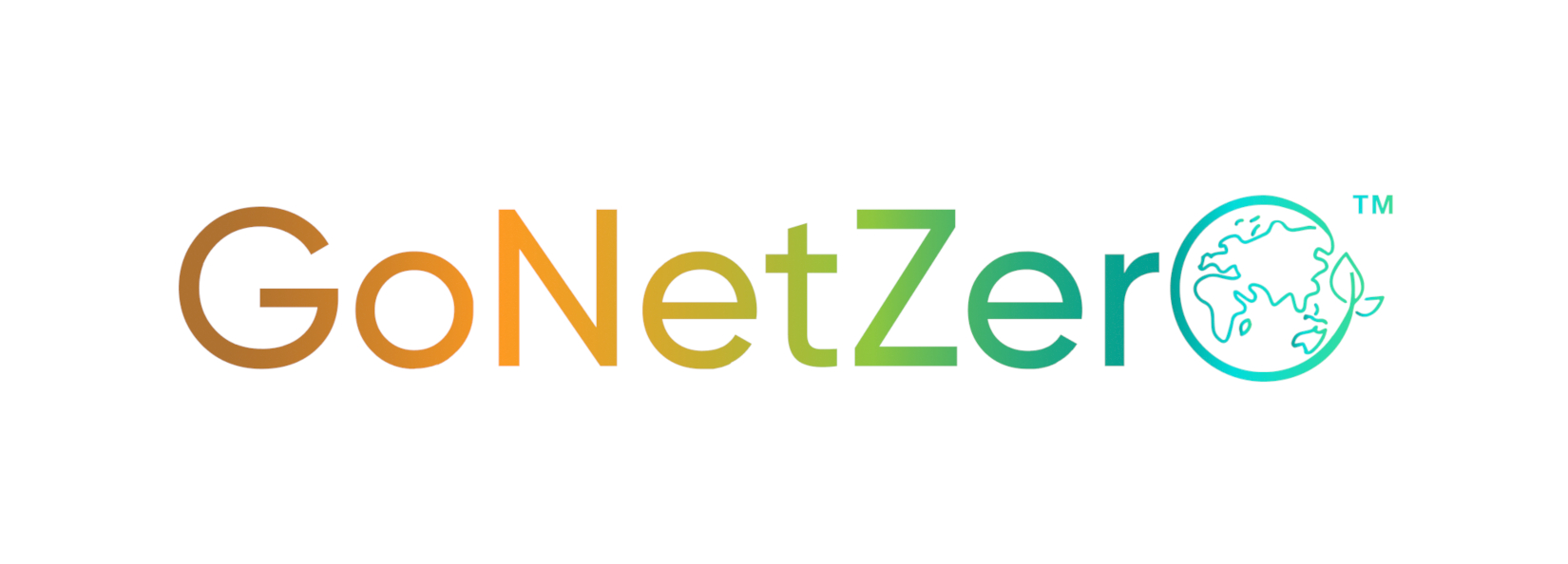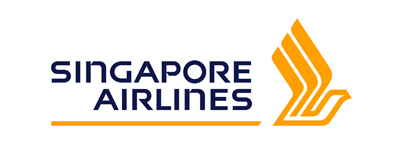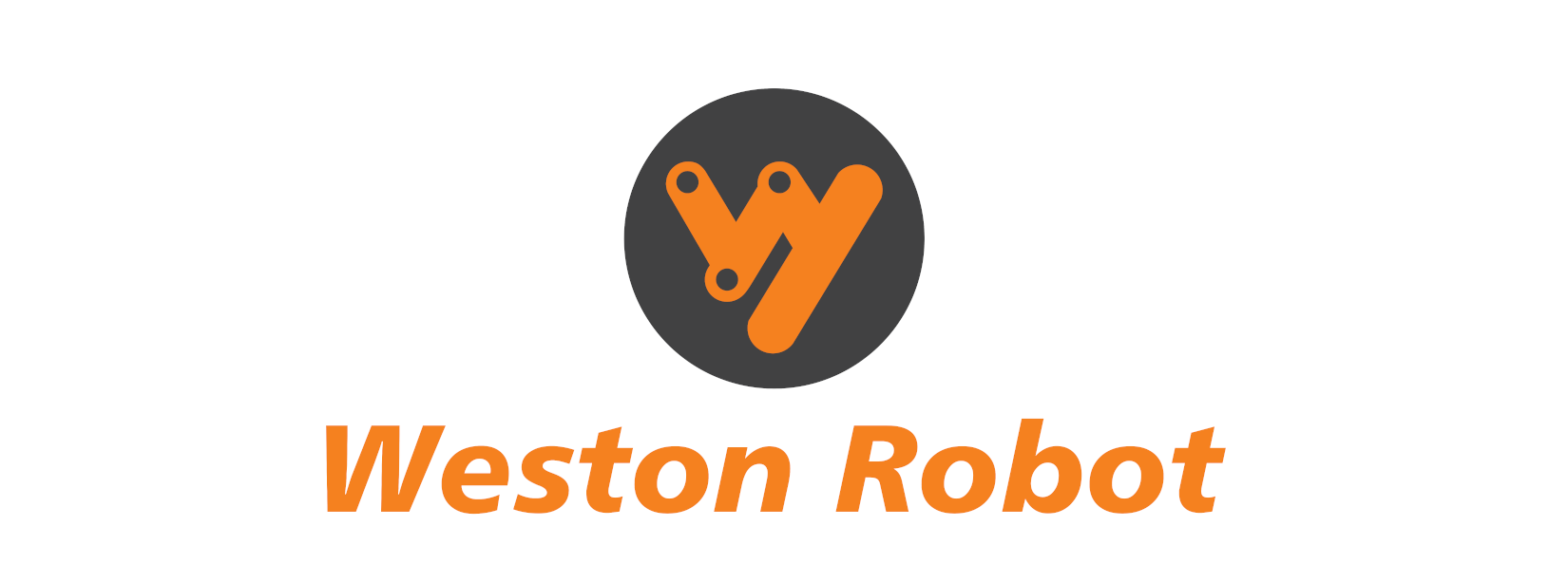Harnessing nuclear energy for a net zero future: An interview with Dr Jean-Christophe Niel, Director General, Institute for Radiological Protection and Nuclear Safety (IRSN)
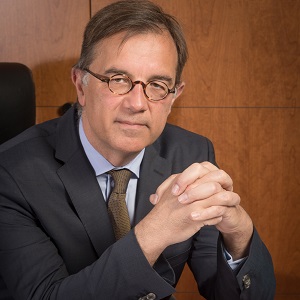
Director General of the Institute for Radiological Protection and Nuclear Safety Dr Jean-Christophe Niel shares his views on the important role nuclear energy plays in a net zero future.
- What are the latest innovations and developments that could help accelerate the adoption of nuclear energy towards a net zero future?
The world is currently facing a climate crisis associated with an energy crisis, exacerbated by the Russia-Ukraine conflict. This double crisis is a strong incentive for States, industrialists, and civil society to identify and develop initiatives and means to face this situation.
In this context, innovative technological projects intended to be deployed on a large scale are emerging, such as new types of nuclear reactors. For example, MMRs (Micro Modular Reactor) with a power capacity of less than 20 MWe (Megawatt electrical), AMRs (Advanced Modular Reactor) and SMRs (Small Modular Reactor) with power capacities between 50 and 300 MWe are being considered by number of states. There are about 80 different designs of MMRs, AMRs and SMRs, each with differing maturity levels to date.
Other examples include Generation IV reactors such as molten salt reactors, high-temperature gas reactors and fast neutron reactors. As the head of a safety organisation, it is not my role to comment on the capacity of these reactors to respond to climate and energy challenges. However, if these innovations were to be developed and implemented, I consider that they should meet the highest safety standards.
- What role do you see Technical Safety Organisations such as IRSN in driving improvements in nuclear safety and developing solutions for long-term issues such as nuclear waste management?
In line with the international convention on nuclear safety, achieving and maintaining a high level of safety for nuclear facilities requires responsible nuclear manufacturers and operators who are committed to researching the best possible technologies, making nuclear safety their primary objective and promoting a safety culture among all and at all levels of their organisation. The safe use of nuclear energy, including consideration of radioactive waste management, calls for the control of the industry by external safety organisations, similar to other high-risk industries such as air transport or the chemical industry.
This control includes a technical and scientific dimension due to the complexity of these topics.
To face and manage all the risks and the complexity induced by processes and physical and chemical phenomena involved in a nuclear reactor or in a radioactive waste storage facility, which are the main responsibility of the industry, it is necessary for the industry and operators to be challenged by external experts to ensure its robustness. This is the role played by Technical Safety Organisations (TSOs) such as IRSN. The main mission of TSOs is to provide competent, reliable, and impartial technical expertise to the regulator and safety authorities in their respective countries.
- What are some of the existing and planned initiatives that IRSN have in building public awareness and trust in support for new nuclear projects?
New nuclear projects or radioactive storage facility will require a necessary condition for the use of this form of energy to be sustainable, as envisaged by several players. The public has to be able to make up their own minds too. The building of this public awareness about these new nuclear projects requires all the players in nuclear safety to have open and transparent dialogue and interaction, including on technical topics, with the public.
The technical and scientific complexity and the importance of the risks must not be an obstacle to this dialogue and interaction which, if I refer to the French situation and in particular, the actions of the IRSN, can present many forms. The publication of technical expertise is the simplest method, subject to make this expertise as accessible as possible; the French law has established this framework for the publication of IRSN's technical expertise since 2015, setting up technical dialogues, particularly with experts from civil society, can also help explain the content of the expert reports and answer questions. The public can also be involved in the expert assessments through their questions. Finally, the development of participatory science programs can mobilize non-institutional experts or members of the public around the risks associated with ionizing radiation.
As an example, considering the 4th periodic safety review of French 900 MWe reactors, IRSN and the French National Association of Local Information Committees and Commissions (ANCLLI) organised the dialogue with civil society, in the form of workshops and technical meetings for about 6 years. This process enabled the creation of a place to build trust between players over the long term, the mutual skills enhancement of civil society and experts, and the modification of the way to conduct the expertise. The framework for local information commissions is still ongoing. Regarding future new nuclear projects in France, IRSN should be solicited in the same way for participating in technical discussions with the civil society.
- What are the key challenges and opportunities for Asia to harness nuclear energy as a central part of its energy transition?
For some players, part of the answer to the current climate, energy, and geopolitical challenges is in the use of innovative technologies based on nuclear energy. I mentioned previously that the International Atomic Energy Agency (IAEA) recently counted 80 AMR or SMR concepts, each with different designs and maturity levels. Many Asian countries are considering this nuclear option for the supply of electricity and other services such as hydrogen production for the transition towards net zero carbon emissions.
First, I would like to recall the primary importance of a high level of safety that must be demonstrated and not merely stated. This requires a state-of-the-art scientific and technical approach and the sharing of this approach and of the feedback, particularly at the international level. Among other TSOs, IRSN is helping by promoting “bottom-up” harmonisation of the safety of facilities, from technical safety assessment to regulation.
TSOs are in the same dynamics as industry or regulators and have an essential role to play in this frame: their importance in the Global Nuclear Safety Regime justifies their direct link with science and R&D activities. They help identify and address many key issues linked to:
- The removal of scientific barriers by identifying safety research needs, implementing dedicated research to create new knowledge, and renewing research capacities to be able to face future challenges, given that there is growing interest in nuclear energy in the world.
- The development of an overall research strategy to support a science-based safety assessment including experimental platforms, databases, scientific software and methodologies,
- The education and training needs and development of high-level skills, especially among the young generation.
- How is IRSN helping to shape "A Resilient and Sustainable Energy Future"?
Obviously, considering new technologies as SMRs, especially those that are innovative, one key point for Asian countries is to enhance their involvement in international safety exchanges and research, as those led by IAEA or Nuclear Energy Agency (NEA).
I would like to mention nuclear safety stakeholders such as World Association of Nuclear Operators (WANO) for the operators of nuclear power reactors in the world, Western European Nuclear Regulators’ Association (WENRA) for the European safety authorities and ETSON, the European Technical Safety Organisation Network to which IRSN belongs. A network dedicated to nuclear power plant safety research – ASEAN Network on Nuclear Power Safety Research (ASEAN NPSR) - already exists inside the ASEAN. These organisations will interact with their counterparts in Asian to share the evaluation of the different concepts from a safety point of view and build a risk-informed and scientific choice. Lastly, it is also necessary that members of the public be able to form their own opinion on this subject, particularly through their involvement in the expert assessment process.
IRSN and TSOs have an important role to play in feeding the international harmonisation discussions with robust technical safety features based upon cutting-edge scientific expertise, for the benefit of the public and environmental protection.
The main mission of IRSN and TSOs is to provide competent, reliable, impartial, and independent technical expertise to the regulator and safety authorities in their respective countries, based on the technical and scientific competence of the experts in the various fields of nuclear safety.
The sharing of the different harmonisation approaches, whether technological, regulatory, or related to expertise can make the safety of innovative technologies to be used in new nuclear facilities more robust and help ensure a “Sustainable Energy Future". This sharing is also likely to allow an increased pooling of means and resources.
Nevertheless, given the current world economic situation and the urgency of the measures taken to limit global warming, resilience and sustainability should always seek efficiency while always guaranteeing the ethics and safety objectives of the nuclear projects.
This issue could be addressed by attracting the interest of other players as industrialists and designers to participate in the financing of nuclear safety projects and by using, promoting, and developing international networks to identify the challenges, prioritise the stakes and share the best safety approaches and practices towards harmonisation.
IRSN will continue to work in this direction for the years to come.
About Dr Jean-Christophe Niel, Director General, Institute for Radiological Protection and Nuclear Safety (IRSN):
For 30 years, Dr Jean-Christophe NIEL has gained a long experience in the control of nuclear safety and radioprotection through various positions at the French technical safety organization, “Institut de Radioprotection et de Sûreté Nucléaire” (IRSN) and at the French nuclear safety authority, “Autorité de sûreté nucléaire” (ASN). He was Director General of ASN for almost 10 years. In 2016, the President of the French Republic appointed Jean-Christophe Niel as the Head of IRSN. He has been reappointed in April 2021 for five years. Dr Niel currently chairs the Committee on the Safety of Nuclear Installations (CSNI) of the Nuclear Energy Agency (NEA). He has recently been appointed member of the International Nuclear Safety Advisory Group (INSAG) by the Director General of International Atomic Energy Agency (IAEA), Rafael Grossi.
